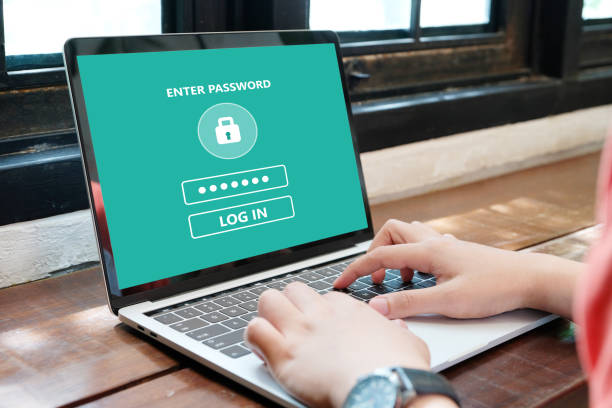The rise of digital education platforms has significantly transformed how religious studies, particularly Islamic teachings, are imparted across the globe. The realm of Quranic education has not been left behind, with numerous online Quran teachers offering their services through various platforms. A common question that arises in this context is whether these online Quran teachers are affiliated with specific mosques or religious institutions. This detailed discussion explores the affiliations of online Quran teachers, their independence or association with religious bodies, and how this influences their teaching methods and accessibility.
Introduction
The traditional model of Quranic learning often involves studying under a teacher who is associated with a mosque or an Islamic educational institution. However, the advent of online education has opened up new modalities for learning the Quran, which may or may not involve such affiliations. Understanding these dynamics is crucial for students and parents looking to choose the right educational path.
Affiliation of Online Quran Teachers
Varied Backgrounds and Affiliations
Online Quran teachers come from a variety of backgrounds. Some are affiliated with mosques, Islamic schools, or religious organizations, while others operate independently. The affiliation often depends on the platform through which they teach and their personal educational and professional journeys.
Platform-Based Teachers
Many online Quran teaching platforms hire teachers from diverse locations and backgrounds, without necessarily being linked to any specific mosque or religious institution. These platforms typically focus on the qualifications and teaching abilities of the instructors rather than their institutional affiliations.
Independent Teachers
Some teachers offer their services independently via personal websites, social media, or freelance platforms. These individuals may or may not have previous or current affiliations with religious bodies. Their independent status allows them greater flexibility in the curriculum and teaching hours.
Teachers Affiliated with Institutions
There are also online teachers who are part of or employed by specific mosques or Islamic institutions. These teachers might bring the pedagogical style and religious practices of their institutions into their online teachings, which can be a deciding factor for students seeking a particular Islamic orientation or methodology.
Implications of Teacher Affiliations
1. Curriculum and Teaching Methodology
The affiliation of a teacher can influence the curriculum and teaching methods employed. Teachers associated with specific mosques or schools might adhere to the curriculum standards and interpretations preferred by those institutions. In contrast, independent teachers may adopt a more flexible or eclectic approach.
2. Certification and Credibility
Teachers affiliated with well-known institutions may offer added credibility and standardized certification, which can be important for students who need formal acknowledgment of their studies. Independent teachers may provide different forms of certification, if at all, depending on their qualifications and professional background.
3. Religious Interpretation
Affiliations might also influence the religious interpretations taught. Teachers from specific schools of thought may emphasize particular interpretations of the Quran and Islamic teachings. Independent teachers might be more open to a range of interpretations, catering to a more diverse student body.
Choosing the Right Teacher
When selecting an online Quran teacher, students and parents should consider several factors related to teacher affiliation:
1. Identify Educational Goals
Understanding what you aim to achieve from the Quranic studies can guide whether an affiliated or independent teacher is suitable. For instance, if seeking to learn specific interpretations aligned with a particular mosque or school, a teacher with that affiliation might be preferred.
2. Research Teacher Backgrounds
Before enrolling, research the teacher’s educational qualifications, experiences, and reviews from other students. This information can help gauge the teacher’s teaching style and effectiveness, regardless of their institutional affiliations.
3. Consider Flexibility and Accessibility
Independent teachers might offer more flexibility in terms of scheduling and course customization. If flexibility is a priority, independent online Quran teachers may be more suitable.
4. Gender-Specific Preferences
For students who prefer learning from women, particularly in regions or cultures where this is culturally important, seeking female Quran teachers who offer online classes is crucial. Their affiliation, whether independent or institutional, can also influence their teaching approach and materials.
Conclusion
Online Quran teachers vary in their affiliations with mosques or religious institutions. This diversity offers students a wide range of options depending on their personal preferences, religious needs, and educational goals. Whether affiliated or independent, each type of teacher brings unique strengths to their teaching, allowing students to choose based on the alignment of the teacher’s background with their learning objectives. Moreover, the flexibility of online platforms allows for a personalized approach, accommodating a global audience with varying needs. This inclusive and versatile nature of online Quranic education ensures that all learners have the opportunity to learn Nurani Qaida online and advance in their Quranic studies under the guidance of competent teachers from around the world.
click here to visit website







